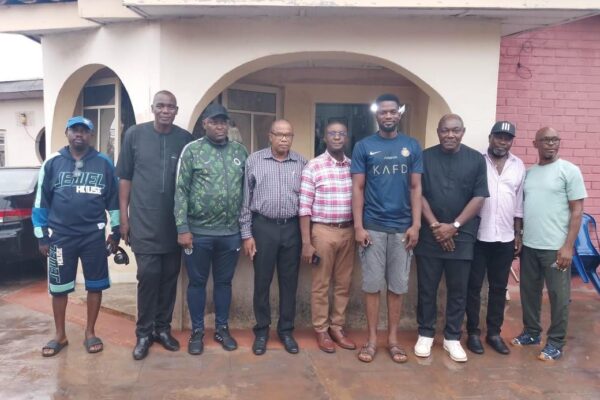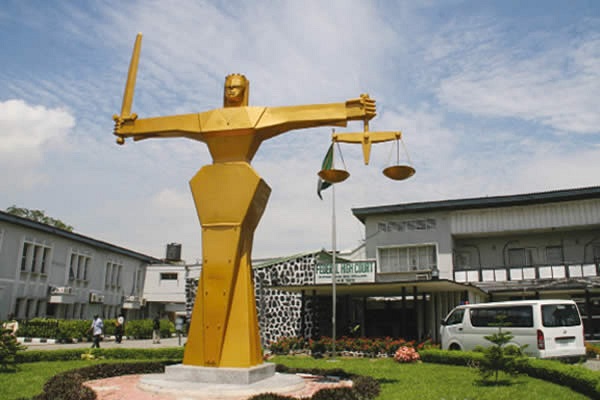
Barca Considers Ademola Lookman Move
Barcelona are reportedly considering making a move for Atalanta BC attacker Ademola Lookman during this summer’s transfer window. The 27-year-old has been in excellent form for Atalanta during the 2024-25 campaign, making 37 appearances in all competitions, scoring 18 goals and registering seven assists in the process. Lookman has 13 goals and five assists in 28 Serie A matches this term, while he also impressed in the Champions League, scoring five goals and registering two assists, before the Italian team were eliminated by Club Brugge in the knockout round playoffs. The forward’s future is currently the subject of much speculation, with Arsenal and Manchester United both believed to be considering making a move for him during this summer’s transfer window. According to Fichajes, Barcelona are also in the hunt, with the Catalan outfit giving serious consideration to making an offer. The report claimed that Lookman may be available for as little as €35m (£30m), which would represent a bargain considering his quality, and his arrival would give Barcelona a different option in the final third of the field. Lookman was born in London, coming through the youth system at Charlton Athletic before representing their first team on 49 occasions, scoring 12 times, and his form earned him a switch to Everton. The Nigeria international found it difficult to make his mark for the Toffees, scoring just four times in 48 appearances, before having an unsuccessful spell at RB Leipzig, spending time out on loan with Fulham and Leicester City. Lookman has finally realised his potential at Atalanta, though, representing the Italian side on 115 occasions, scoring 50 goals and registering 24 assists in the process. The attacker is capable of playing in a number of different positions, but he has mainly operated as a second striker, scoring 12 times and registering four assists in 25 outings while starting in the position behind the main forward. As well as Arsenal and Man United, Chelsea and Liverpool are believed to be keen on Lookman, with his bargain price making him a very attractive proposition during the summer market. Lookman is entering his prime, and his previous experience of English football should stand him in good stead. The forward is a different player to the one who left Everton in 2019 and then spent time on loan at Fulham and Leicester. Much will come down to which club shows the strongest interest, as Lookman will want to be an important player at this stage of his career, and it is difficult to imagine him becoming a starter at Barcelona, especially not next season.







